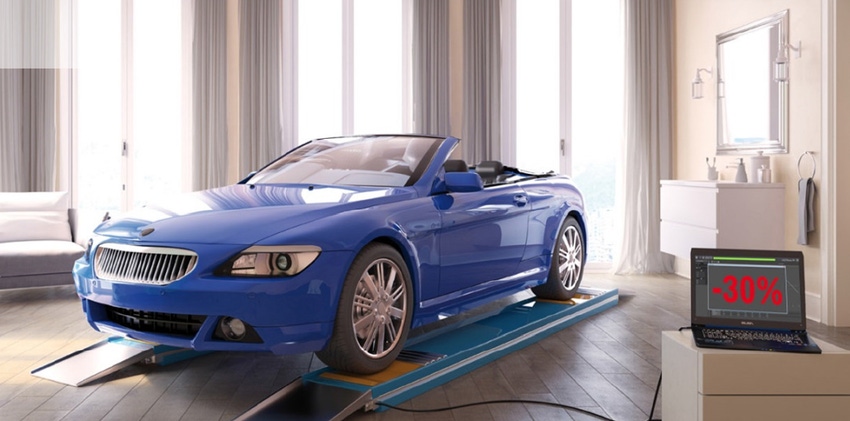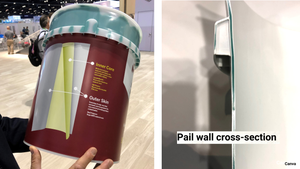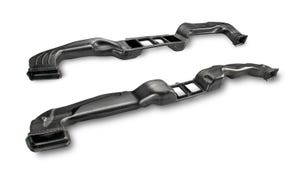Glass bubbles help cars shed kilos
August 3, 2016

 Italy-based SO.F.TER., one of the largest independent compounders in the world, has announced that it has expanded its line of Litepol engineering polymers with a number of grades based on polyamide 6.
Italy-based SO.F.TER., one of the largest independent compounders in the world, has announced that it has expanded its line of Litepol engineering polymers with a number of grades based on polyamide 6.
The company’s Litepol family of compounds, which was first introduced at last year’s Fakuma trade show, features materials reinforced with hollow glass microspheres, an innovative filler developed by 3M which has a density of less than one fifth of other mineral fillers such as talc or solid glass beads. Touting the new materials as “destined to revolutionize the weight reduction plans of car manufacturers”, the company at that time presented its first, innovative polypropylene-based Litepol grades.
Using 3M's glass bubbles could reduce the current weight of plastic parts - 225 kg in an average sized car - by up to 30%, the company said, amounting to a potential CO2 emission savings of 1000 tons per car, based on an average mileage of 150,000 km. The polypropylene grades were tested and almost immediately received approval from Fiat Chrysler Automobiles as complying with FCA Material Standard 55246.
The newest Litepol B grades are based on polyamide 6, and offer the same benefits as the previously introduced polypropylene-based materials. Available in various configurations, the new grades provide a reduction in weight, good strength and shock resistance, shorter cycle times and exceptional dimensional stability of the molded parts. The glass microspheres can be used alone or in combination with chemically bonded glass fiber, which allows for modulation of the material properties, in order to achieve exactly the required goal in terms of lightness, mechanical performance and price. As a result, the compounds can offer maximum versatility and adaptability, said SO.F.TER, which are qualities that “make this product range extremely appealing for the automotive industry, especially in consideration of the new limits on CO2 emissions set at 95 g/km starting from 2021”. The company also sees interesting opportunities for Litepol opening up outside the automotive industry, as well.
All Litepol grades can be used on standard injection molding equipment, with no extra investment in technology required by users.
About the Author(s)
You May Also Like


